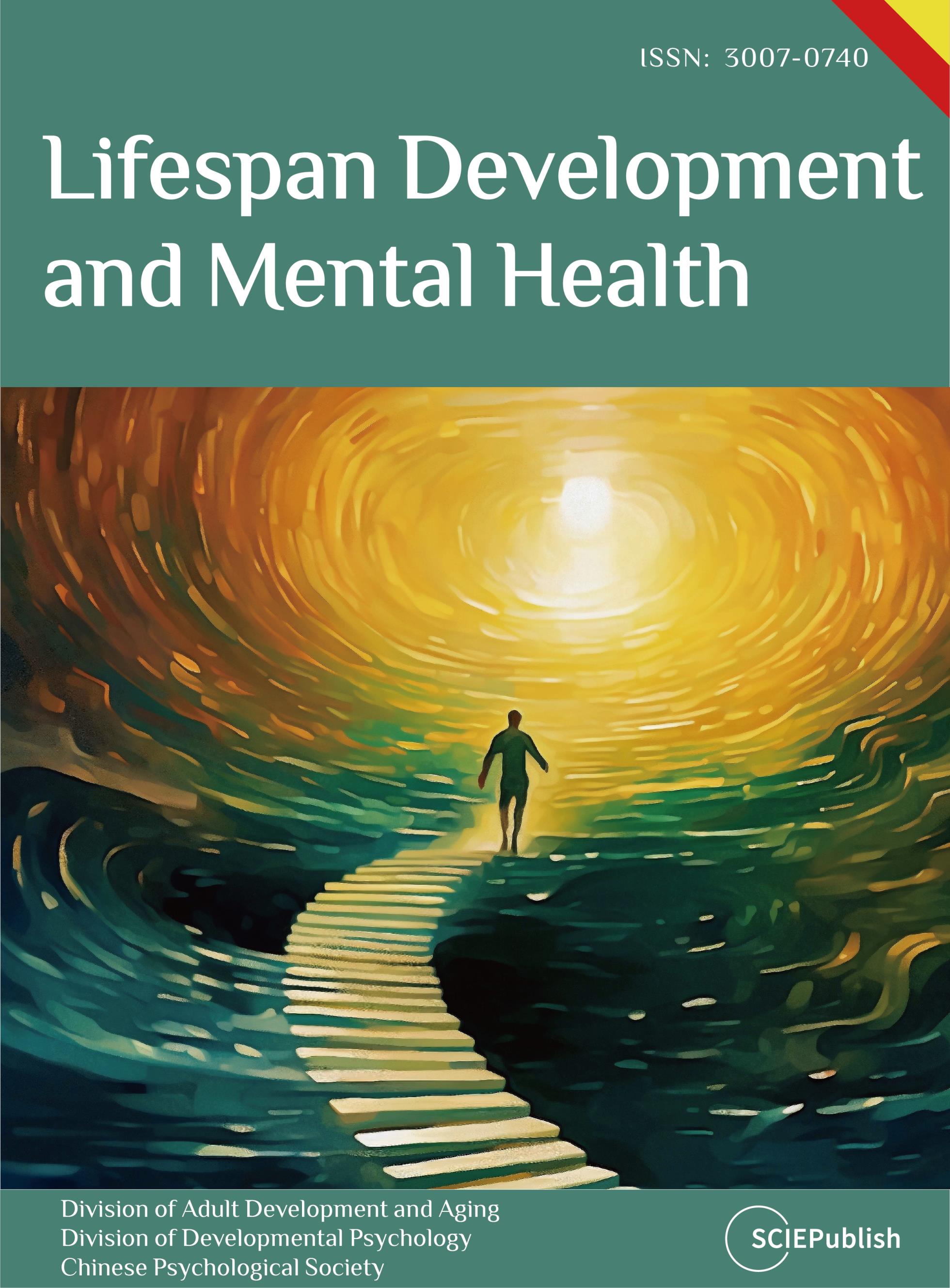Emotional eating denotes the behavior in which individuals regulate their
emotions by eating in response to adverse emotions or psychological stress.
Emotional eating is tightly linked to health issues such as obesity and
metabolic disorders, and may give rise to unhealthy eating habits. The aim of
this review is to investigate the psychological and physiological mechanisms of
emotional eating, probe the potential impact of exercise as a tool for
emotional regulation in emotional eating, and its role in avoiding the
development of emotional eating into binge eating disorder. In addition, the
review assesses gender differences and the potential risks of exercise
interventions, aiming to provide theoretical support for clinical applications.
A literature search was performed to assess the literature relevant to the role
of appetite-controlling hormones and exercise in emotional eating. The search
process covered multiple databases, including PubMed, Web of Science, Scopus,
and Google Scholar. It used a combination of keywords such as “emotional eating”,
“appetite-controlling hormones”, “exercise”, and “mood regulation” to ensure
comprehensive coverage of relevant areas. Inclusion criteria were original
research, review articles, and meta-analyses published in English with adult
participants. Exclusion criteria included studies relevant to non-emotional
appetite changes due to diseases, studies without exercise interventions, and
those missing physiological data. The final selected literature was reviewed
and considered by independent reviewers to ensure the quality and relevance of
the research. Studies suggest that emotional eating is tightly
relevant to dysfunction in emotional regulation mechanisms. Specifically, when
encountering adverse emotions, individuals may choose high-calorie foods to
seek emotional comfort. Exercise, as an effective method of emotional
regulation, can reduce emotional eating by modulating appetite hormones (such
as leptin and ghrelin) and enhancing emotional well-being. However, the effects
of exercise differ by gender, with women generally more likely than men to
regulate emotions and lower appetite through exercise. Despite the positive
regulatory effects of exercise, intense exercise may also give rise to adverse
psychological and physiological effects, such as anxiety, depression, and
overtraining syndrome. Hence, exercise interventions should be modified
according to individual conditions to avoid excessive risks. Emotional eating
overlaps with a binge eating disorder, and if emotional eating is not
efficiently managed, it may progress to a binge eating disorder. Thus, exercise
interventions could act as an effective means of preventing emotional eating
from evolving into a binge eating disorder. In summary, this review emphasizes
the importance of emotional regulation in modulating emotional eating, and the
positive role of exercise interventions in emotional eating, notably in
avoiding binge eating disorder. Future research should further probe the
optimal exercise intervention strategies and focus on gender differences and
the potential risks of exercise interventions.utf-8
 Open Access
Open Access


























